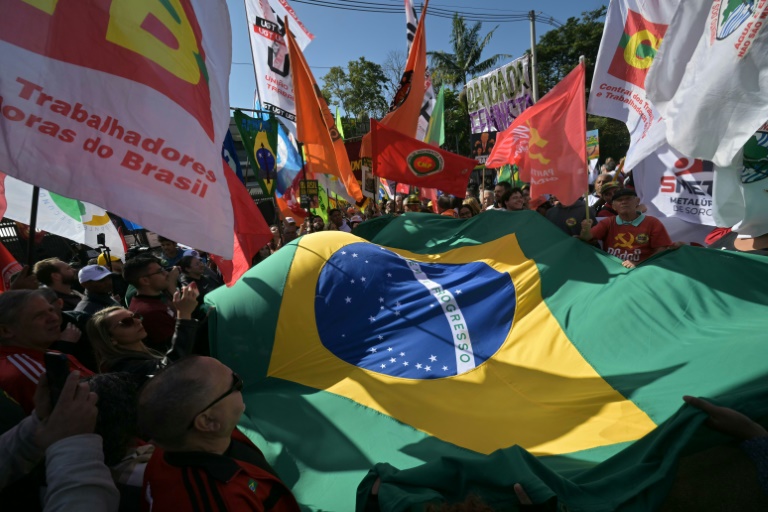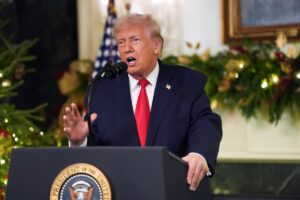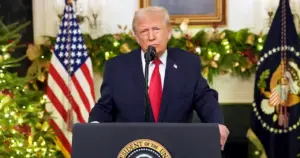
On March 6, 2024, the United States implemented significant tariff increases on a range of Brazilian products, raising duties from 10 percent to 50 percent. This move comes as part of President Donald Trump‘s pressure campaign against Brazil’s political landscape, particularly focusing on the legal challenges faced by former President Jair Bolsonaro.
The tariff hike affects approximately 36 percent of Brazil’s exports to the United States, according to Brazilian Vice President Geraldo Alckmin. Key exports such as coffee, beef, and sugar are among the goods impacted. Although certain products like orange juice and civil aircraft are exempt from these tariffs, the overall increase is expected to have a considerable effect on Brazil’s economy.
Political Context and Economic Impact
The Trump administration has criticized Brazilian officials for what it refers to as “unjustified criminal charges” against Bolsonaro, who is currently on trial for allegedly attempting to orchestrate a coup following his defeat in the 2022 elections to President Luiz Inacio Lula da Silva. The executive order announcing the tariffs also condemned Brazil’s recent digital regulations, claiming that they pose risks to the US economy and national security.
Despite the severity of these tariffs, analysts have pointed out that there are nearly 700 exemptions, which could mitigate the overall economic impact. Valentina Sader, a Brazil expert at the Atlantic Council, remarked that while the tariffs are unfavorable, “they expected worse.” She suggested that Brazil’s economy is likely to adapt, noting, “The government seems to be looking to subsidize some of the most impacted sectors.”
In light of the tariff increases, Brazil may explore diversifying its export markets to reduce reliance on the US. This strategy could help buffer the economic fallout from the newly imposed duties.
Broader Implications for US Trade Policy
The increase in tariffs on Brazilian goods coincides with another wave of higher duties affecting various economies, including those in the European Union and Taiwan. Analysts from Pantheon Macroeconomics project that these changes will raise the average effective tariff rate for US imports to nearly 20 percent, the highest level since the 1930s, according to the Budget Lab at Yale University.
As tensions between the US and Brazil escalate, the political landscape remains volatile. Bolsonaro was recently placed under house arrest by a Brazilian judge for violating a social media ban related to his trial. The Supreme Court Justice presiding over the case, Alexandre de Moraes, expressed anger over Bolsonaro’s allies defying the restrictions on Sunday.
Trump’s actions have drawn criticism from many Brazilians, who view them as an unwarranted interference in their domestic affairs. Sader emphasized the sentiment among Brazilians, stating, “They perceive it as a clear intervention on domestic affairs and an independent judiciary.” President Lula has maintained that Brazil is open to dialogue but will not tolerate foreign interference, reinforcing that “Brazilian sovereignty is off the table.”
As the situation develops, both countries will likely navigate a complex web of political and economic challenges, with implications for their bilateral relations and global trade dynamics.






